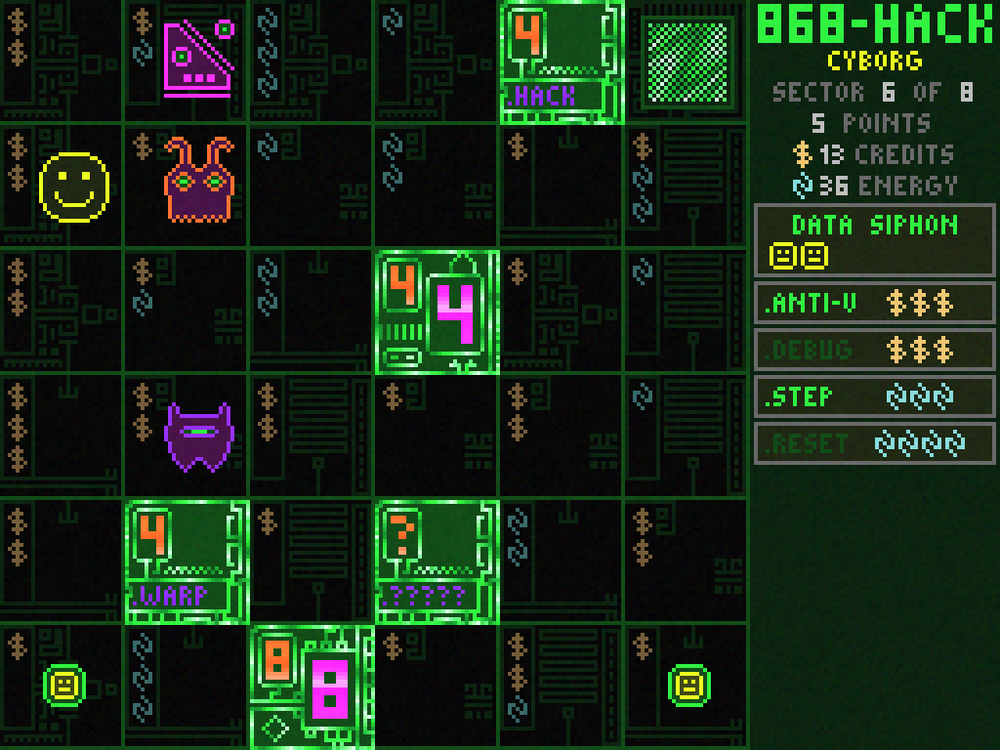Last night a thread appeared on the ‘buildapc’ section of Reddit that, to me, perfectly encapsulates how technology is completely embedded in the lives of young people. The first message was posted by Colby, aged 10, who was having trouble building his new PC.
“Hi. I am Colby and I am 10 and just finished my first build. It will not power up. I disconnected everything, reconnected and tried again… …My dad made me do a book report on every component before I could buy it, so I thought I knew what to do. i used the anti static thing on my wrist during the build, watched all the you tube videos, and I dont know what else to do. Thanks for any help.”
This ten year old had put hours of work into speccing his new PC and wrote reports for his Dad to grade, in order to prove he knew what he was getting into and earn the money needed to buy the parts. Then, when the build didn’t go quite to plan he created a Reddit account (using his Dad’s email address) and tried to get his problem solved in the ‘buldapc’ community.

What follows is a heartwarming series of conversations involving dozens of random people (including qualified PC technicians) who all try to help Colby solve his problems. Colby’s endearing eloquence and incredible resilience eventually lead to a solution and all of Reddit lets out a triumphant cheer when he posts news of his success.
I currently teach at key stage 2 and 3 and all we seem to hear about at school are the constant threats of cyberbullying and grooming and the ever-present dangers of the Internet. This tiny slice of wholesome problem solving shows the other side of the web.
This is digital literacy. This is resilience. This is the Internet that ten-year-olds everywhere have never not known.


